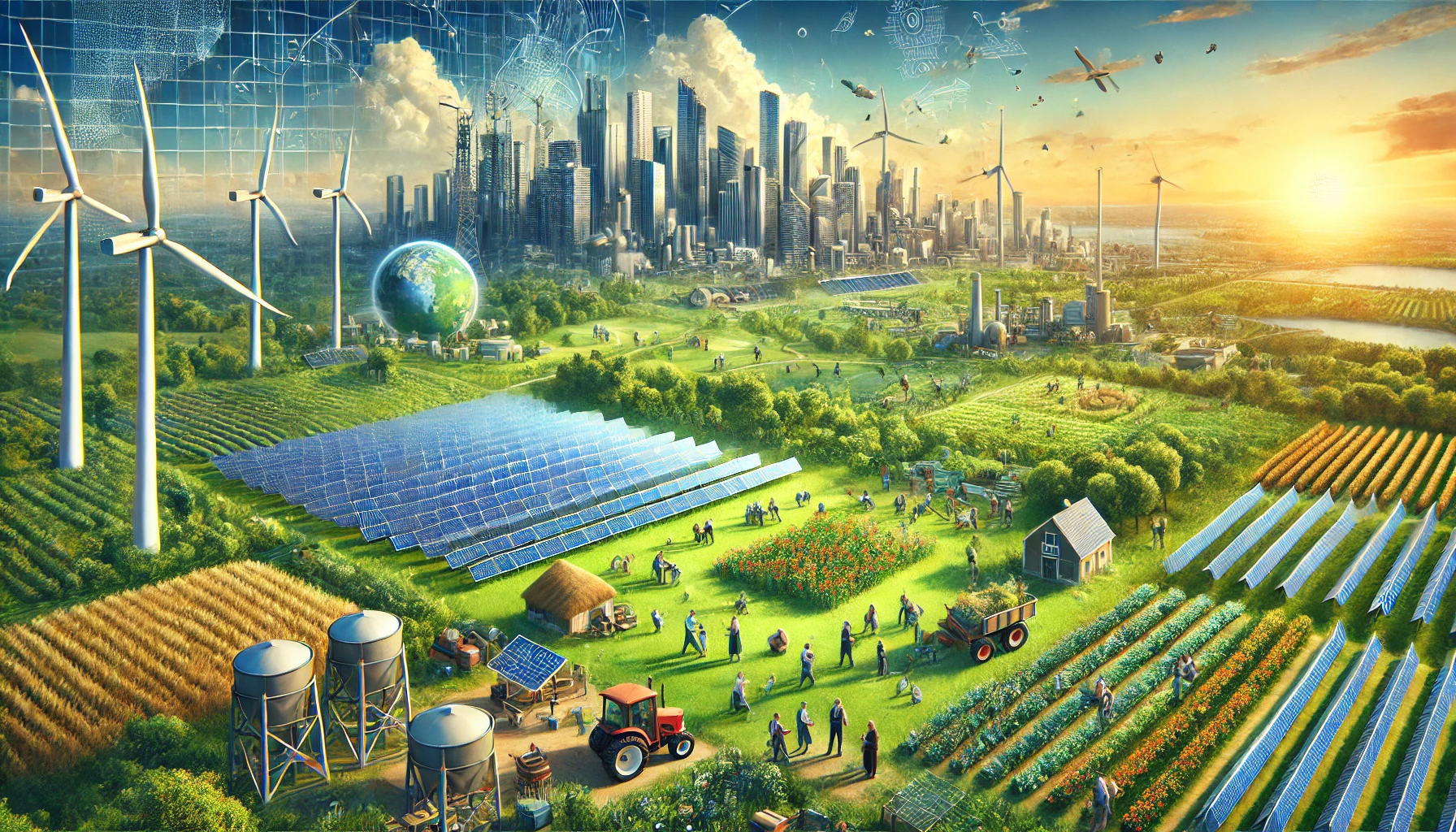The ni-Vanuatu people are facing a profound human rights crisis due to climate change, with escalating threats to health, housing, food and water systems, education, and cultural heritage, according to UN Special Rapporteur Elisa Morgera. Concluding her visit to Vanuatu, she called on the international community to meet its obligations on climate mitigation and financial support for vulnerable nations like Vanuatu, which bear the brunt of the crisis despite minimal contributions to it.
Escalating Loss and Damage
Morgera noted that over the past decade, more frequent cyclones, flash floods, and rising sea levels have devastated Vanuatu’s infrastructure, displaced communities, and disrupted livelihoods. She documented loss of land, burial grounds, and cultural practices, as well as the toll on tourism, a cornerstone of Vanuatu’s economy. “The Government is compelled to allocate the majority of its national budget to climate adaptation and disaster response, at the expense of essential health and education services,” she emphasized.
Leadership Amid Global Inaction
Morgera’s visit coincided with the opening of oral hearings at the International Court of Justice (ICJ) on climate obligations and followed the lackluster outcomes of COP29. She commended Vanuatu for spearheading international efforts to enhance climate accountability and protect the global right to a clean, healthy, and sustainable environment.
She urged the ICJ to clarify binding obligations for high-emitting nations to prevent transboundary harm and ensure adequate funding to safeguard human rights from the foreseeable impacts of climate change. “Recognizing historical responsibilities and capabilities is essential for equitable solutions,” Morgera stated.
Addressing Domestic Challenges
The Special Rapporteur highlighted the need for a stronger human rights-based approach within Vanuatu to tackle disproportionate impacts on vulnerable groups, including children, persons with disabilities, and LGBTQI+ individuals. She recommended establishing a National Human Rights Institution to independently address citizens’ concerns and ensure fair distribution of resources between urban and rural communities.
She also stressed the importance of addressing gender-based violence exacerbated by climate stressors and called for embedding Indigenous knowledge and arts-based approaches in climate strategies. “Community-led initiatives that prioritize local needs are critical for transformative and culturally appropriate solutions,” she said.
Global Responsibility and Partnership
Morgera appealed to international partners to integrate human rights protection into climate support, prioritizing efforts led by affected communities. She called for greater international solidarity to protect Vanuatu’s rich linguistic and cultural diversity across its 80 islands.
Next Steps
The findings from Morgera’s visit will culminate in a comprehensive report to be presented at the UN Human Rights Council’s 59th session in July 2025. The report is expected to strengthen global dialogue on addressing climate change through a human rights lens, providing actionable recommendations to mitigate the crisis for the world’s most vulnerable nations.
This call to action underscores the urgent need for international cooperation to safeguard human rights in the face of escalating climate impacts.











